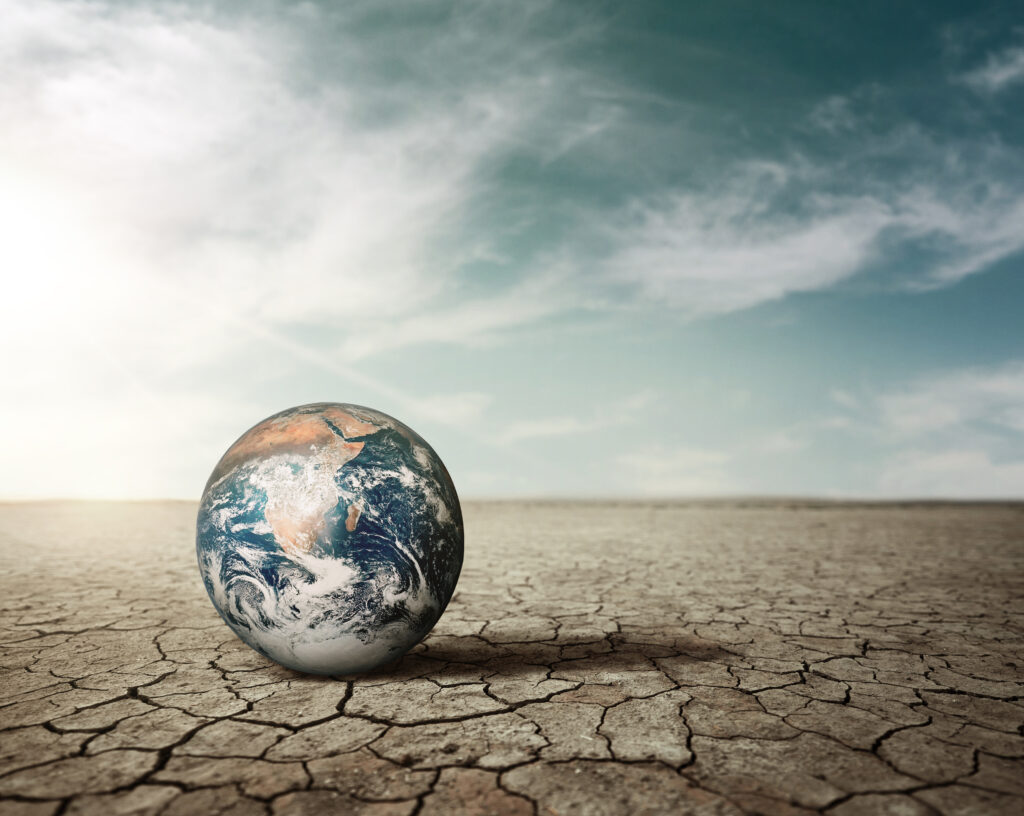Climate change is one of the most important challenges facing our planet today. It affects everyone, no matter where they live. Understanding climate change and taking steps toward sustainability can help protect the Earth for future generations. This article will explain these topics in simple terms and share ways you can make a difference.
What Is Climate Change?
Climate change refers to long-term changes in the Earth’s weather patterns and temperatures. While the climate has always changed naturally over millions of years, human activities are now speeding it up. This is mostly due to the release of greenhouse gases like carbon dioxide (CO2) into the atmosphere.
Greenhouse Gases
Greenhouse gases trap heat from the sun, warming the planet. They include:
- Carbon dioxide (CO2): Released when we burn fossil fuels like coal, oil, and gas.
- Methane (CH4): Produced by livestock and waste in landfills.
- Nitrous oxide (N2O): Emitted from agricultural activities and industrial processes.
Causes of Climate Change
- Burning Fossil Fuels
- Cars, factories, and power plants burn coal, oil, and natural gas, releasing CO2.
- Deforestation
- Trees absorb CO2. Cutting them down means less CO2 is removed from the air.
- Agriculture
- Farming practices, especially raising livestock, release methane and nitrous oxide.
- Industrial Activities
- Factories and manufacturing processes emit large amounts of greenhouse gases.
Effects of Climate Change
Climate change has serious impacts on the environment, wildlife, and people. Some of these include:
Rising Temperatures
The Earth’s average temperature is increasing, leading to heatwaves and changing weather patterns.
Melting Ice and Rising Seas
Glaciers and polar ice caps are melting, causing sea levels to rise. This threatens coastal areas and small islands.
Extreme Weather
Storms, floods, droughts, and wildfires are becoming more frequent and severe.
Threats to Wildlife
Many animals struggle to adapt to changing climates, leading to loss of habitats and species extinction.
Impacts on People
Climate change affects food production, water supply, and health. It can also lead to displacement as people are forced to leave areas that are no longer livable.
What Is Sustainability?
Sustainability means meeting our needs today without harming the ability of future generations to meet their own needs. It’s about using resources wisely and protecting the environment.
How to Practice Sustainability
Here are some simple ways you can contribute to sustainability:
Reduce Energy Use
- Turn off lights and appliances when not in use.
- Use energy-efficient bulbs and devices.
- Consider renewable energy sources like solar or wind power.
Save Water
- Fix leaks and use water-saving fixtures.
- Turn off the tap while brushing your teeth.
- Collect rainwater for gardening.
Cut Down on Waste
- Recycle paper, plastic, and metal.
- Compost food scraps.
- Avoid single-use plastics and choose reusable items like bottles and bags.
Eat Sustainably
- Reduce meat consumption, especially beef.
- Buy locally grown and organic foods.
- Avoid wasting food by planning meals and storing leftovers properly.
Use Sustainable Transportation
- Walk, bike, or use public transport when possible.
- Carpool with others to reduce emissions.
- Consider electric or hybrid vehicles.
Support Sustainable Brands
Choose products made by companies that care for the environment. Look for eco-friendly certifications.
The Role of Governments and Businesses
While individuals can make a difference, large-scale change requires action from governments and businesses. Here’s how they can help:
Governments
- Create laws to limit greenhouse gas emissions.
- Invest in renewable energy projects.
- Protect forests and wildlife.
- Educate citizens about sustainability.
Businesses
- Adopt eco-friendly practices in production and operations.
- Reduce waste and carbon footprints.
- Develop sustainable products and services.
The Importance of Community Action
Working together as a community can amplify efforts. Examples include:
- Organizing clean-up drives.
- Planting trees in local areas.
- Starting community gardens.
- Educating others about climate change and sustainability.
Hope for the Future
Though climate change is a big challenge, there is hope. Scientists, activists, and governments around the world are working on solutions. Renewable energy, conservation efforts, and sustainable practices are making a positive impact.
Small actions can add up. By making sustainable choices in your daily life, you’re contributing to a healthier planet. Let’s all do our part to fight climate change and build a sustainable future.


